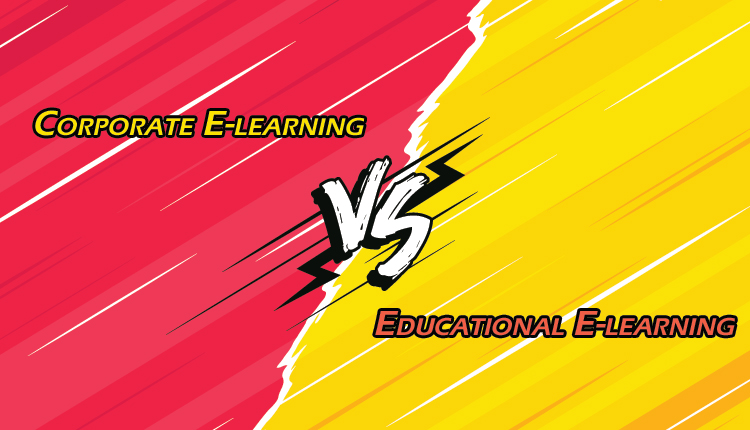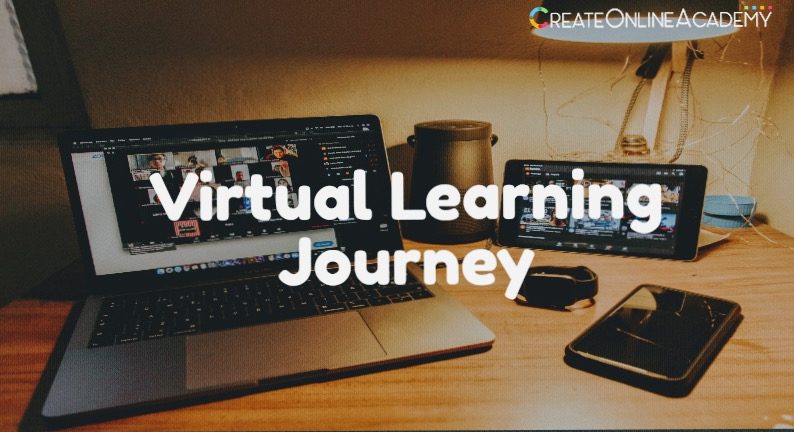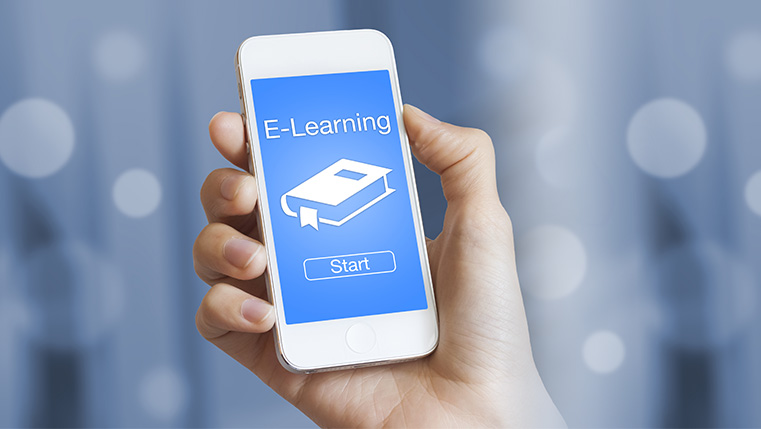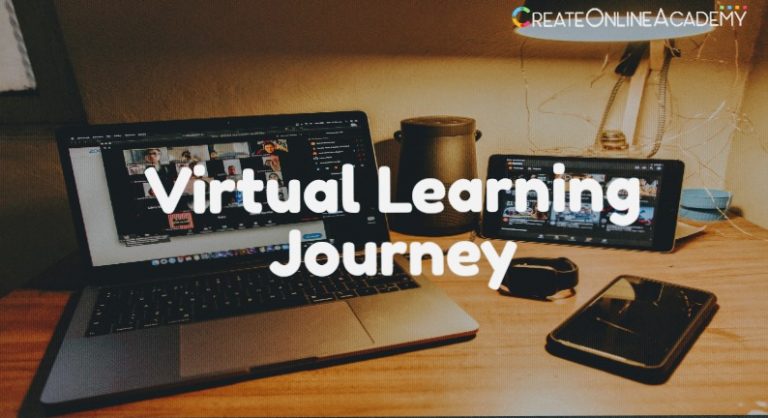Corporate E-learning V/S Education E-learning

E-learning enables the two students and business executives to learn anywhere and whenever. You can learn from essentially wherever with a computer or mobile device and internet connection, meaning you can examine from home, in the midst of a get-away or in your break. In any case, e-learning is more than about convenience and there are fundamental differences between e-learning in the corporate sector and in education.
What Happens In The Corporate Environment?
The role of corporate training is to ensure an employee has the knowledge and skills to undertake a specific operation to enable an association to continue to operate. Fundamentally, corporate training is centered on knowledge transfer. For example, conferences and workshops are an essential yet expensive piece of business and e-learning makes it affordable and efficient – salespeople, for instance, can receive their training on new products and sales strategies online. E-learning can be translated to lower expenses to deliver training in a shorter period of time, especially when employees are spread worldwide.
Corporate education, however, adds another dimension and depth to training by including learners as members in generating new knowledge that helps an association to develop and evolve.
The Principle Characteristics Of Corporate Learning Are:
- Quick Paced: Enterprise learning is for the most part “quick paced” because “time is money” in the corporate world. Training needs to be delivered in as short a time frame as possible with most extreme results.
- Career-Related: Enterprise learning helps employees increase new skills to advance their careers inside the organization. Corporate Learning Management Systems have extra modules to facilitate that process.
- Benefits Association: Enterprise learning focuses primarily on down to business issues with immediate benefits for the association rather than simply individual benefit. Ultimately training is required for the association to work correctly, and corporate education with the end goal for it to evolve and develop.
- Training V/s Education: Enterprise is for the most part focused on training, while education is generally about learning through “touching off interest”. Training normally means the demonstration of being prepared for something, of being instructed or learning a specific ability and rehearsing it until the required standard is reached. This has evident handy ramifications for the workplace.
- Return On Investment (ROI): An enterprise needs to be able to calculate the ROI of its learning investment. In an educational context this ROI is hard to calculate and ordinarily, the effects of learning take years to appear.
What Happens In Educational Institutes?
In correlation with corporate e-learning, learning in the education sector focuses principally on knowledge transfer and not on training i.e. in education we mostly strive to learn things with worldwide scope (e.g. a subject, for example, mathematics) while corporate e-learning is more focused on business needs (e.g. new recruit enlistment). The word education means to increase general theoretical knowledge and this could possibly involve learning how to do a specific down to earth work, assignments or skills. Please note that there is some overlap and that the word ‘education’ can likewise refer to a process of training or receiving educational cost. For example, essential training in a field, for example, health services is typically a mix of theoretical, educational and commonsense learning skills.
Conclusion
Corporate e-learning professionals can learn from academic e-learning initiatives and vice versa, and we are currently seeing a convergence of academic and corporate e-learning needs. For example, the academic space is beginning to gravitate towards fusing corporate methods in the study hall on how certain subjects are educated. Also, on the corporate side, they’re moving the model of using technologies such that supports the conventional study hall of academics especially with regards to blending technologies.
There Is Evident Overlap: corporate mobile learning, for example, is becoming increasingly prominent with learners having one if not more mobile devices in their possession and taking these devices to class or work. Learners have access to the internet and interpersonal organizations by means of these mobile devices so every one of the technologies required gathering data, creating content and communicating with other people are readily available and normally create an environment conducive to learning.
Currently, both the education and corporate sectors are battling to answer the exact same questions: how would we use these for learning? How do instructional design, and teaching methodologies and theories apply to delivering content through mobile devices? It’s normal for knowledge to be shared over the table.









